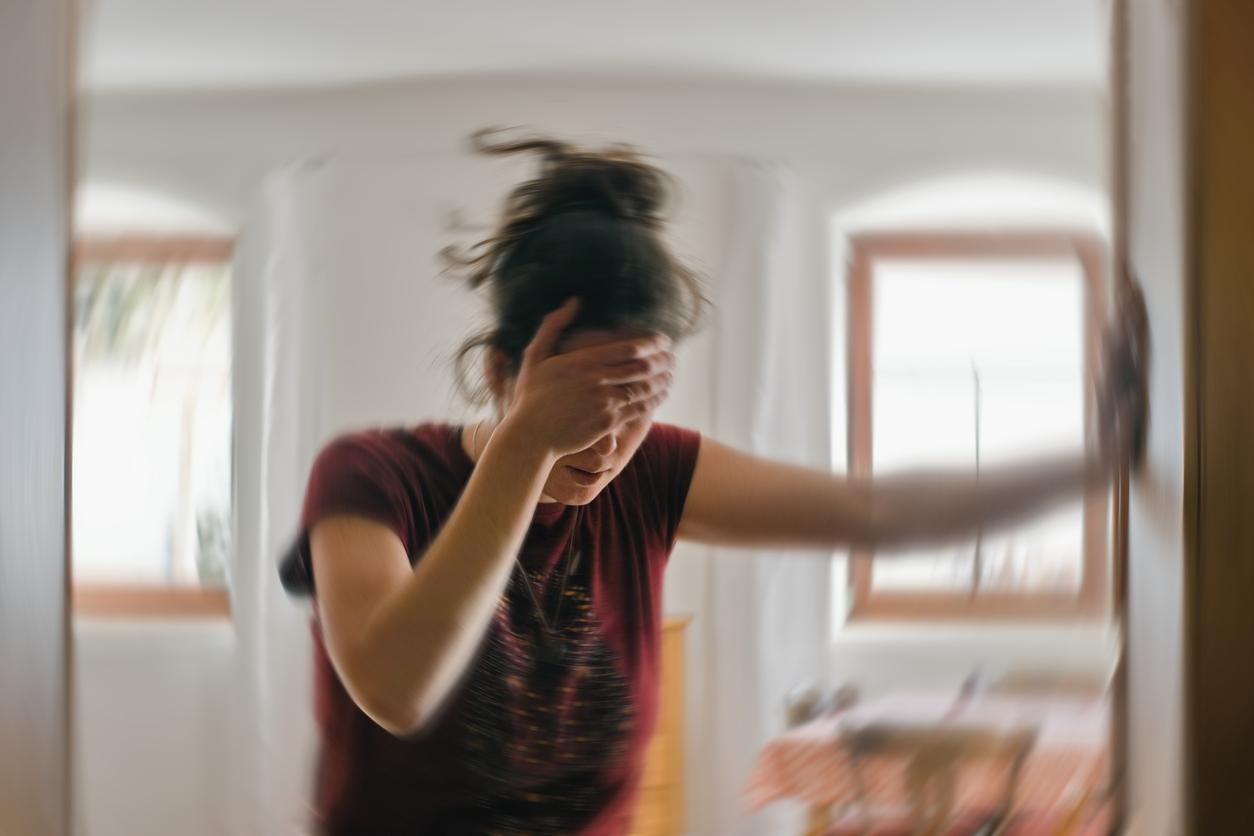Wearing a surgical mask does not affect gas exchange and therefore carbon monoxide poisoning by wearing a mask is impossible.

- American scientists carried out a small study where they measured the expulsion of CO2 from the lungs as well as the oxygen saturation of 30 people – healthy and suffering from lung disease – at rest and during walking. According to them, the masks do not disturb gas exchange.
- These scientists are concerned about unsubstantiated anti-mask claims in the United States. They want to clarify things and claim that wearing a surgical mask is not harmful to health.
Thinking that wearing a mask constantly can produce carbon poisoning is wrong, no offense to the anti-masks. This is the conclusion of the study published this October 2 in the scientific journal Annals of the American Thoracic Society made by researchers at the Miller School of Medicine at the University of Miami (USA). If wearing a mask in the midst of the Covid-19 pandemic is neither comfortable nor user-friendly, it is not, however, dangerous to health, contrary to what some of its detractors claim. In this article, Florida scientists compared changes in oxygen level or carbon dioxide levels before and during surgical mask wearing on healthy people as well as veterans with obstructive pulmonary disease or chronic obstructive pulmonary disease (COPD). As a reminder, people with COPD “have to work harder to breathe, which can lead to shortness of breath and/or feeling tired.”
“We show that the effects are minimal at best, even in people with very severe lung failure“, says Dr. Michael Campos, a pulmonologist at the University of Miami Veterans Medical Center. As for the feeling of shortness of breath experienced by some healthy people, the doctor has his explanation: “Dyspnea, the feeling of shortness of breath felt with masks, is not synonymous with alterations in gas exchange. This is likely happening due to the restriction of airflow with the mask, particularly when higher ventilation is needed especially on exertion.” Thus, accelerating when climbing a slope can produce this feeling of shortness of breath. Otherwise, wearing the mask too tightly can also produce a feeling shortness of breath.
No change in gas exchange
In their study, they observed the circulation of CO2 in 15 medical personnel without health problems and 15 veterans with severe COPD. “Baseline unmasked room air measurements were performed noninvasively using a Life Sense monitor, followed by continuous monitoring using a surgical maskdetail the authors of the study. At 5 and 30 minutes of rest, no major change in ETCO2 [concentration de CO2 des alvéoles se vidant en dernier, NDLR] or SpO2 [taux de saturation en oxygène, NDLR] of clinical significance was not noted at any time in either group. In the 6-minute walk test, subjects with severe COPD saw their oxygenation reduced, as expected. However, no major physiological changes were observed in gas exchange measurements during surgical mask use, particularly in CO2 retention.” For these scientists, wearing a mask does not interfere with gas exchange.
However, it is because many voices are raised in the United States against wearing a mask that these scientists have decided to carry out this small study. “We recognize that our observations may be limited by sample size, but our trial shows a clear signal that the effect of surgical masks on physiological changes is nil and irrelevant in gas exchange during routine activities like rest or short walkwrite the authors of the study. It is important to inform the public that discomfort associated with mask use should not lead to unfounded safety concerns as this may mitigate the application of a proven practice to improve public health.” An audible message of reason?
.

















